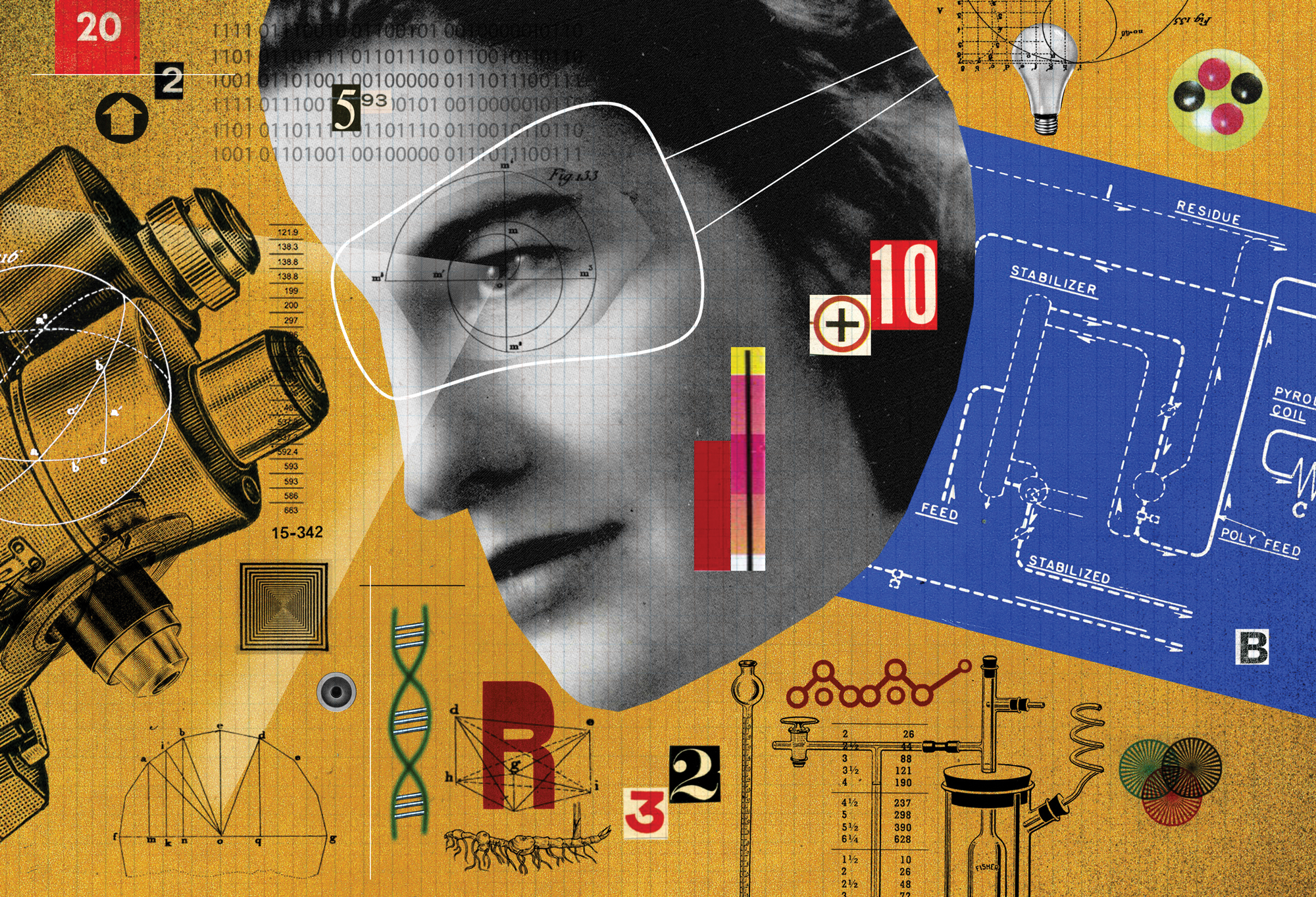

Step inside the many laboratories and research centers at the three University of Washington campuses, and you will find more than 8,000 undergraduate students taking part in research. Come May, more than 1,000 undergraduates will file into Mary Gates Hall to take part in one of the UW’s proudest events: the Undergraduate Research Symposium.
This celebration of cutting-edge research by so many students started in 1997 as a small academic conference. It has grown into a huge, annual event with several thousand attendees in which students, faculty and the public come together to discuss their research and discoveries.
Before the late 1990s, undergraduate students rarely were involved in real-world scientific research. Their lives were filled with classes, clubs, social activities, sports —in other words, college life as we knew it. But UW leaders ventured that inviting even the newest students to do research, conducted under the supervision of faculty mentors, would produce graduates who would be better prepared to take on the future. It became a national model.
The impact: In a recent academic year, 8,299 undergraduates worked with UW faculty mentors, devoting 1,512,617 hours to research projects across the University’s colleges, schools, departments and research centers. Students from all academic disciplines on all three UW campuses—plus other, local invited campuses—presented their research at the annual May capstone symposium.
Kira Rosenlind started doing research as a freshman. Today, she is a senior working on a Fred Hutch Cancer Center project, studying bone marrow failure. While the project doesn’t connect to her major in business, she’s gaining insights about human health and leadership, thanks to her mentor, Dr. Sioban Keel.
Then there is Michael Cho, ’22. When he was incarcerated before coming to UW Bothell, he dreamt of working in computer engineering. At the UW, he performed research in machine learning, exploring how to remove racial bias from software used by law enforcement and other agencies. Today, he’s at Georgia Tech pursuing a Ph.D. in computer engineering.
This is impact. This is what public investment in higher education produces.